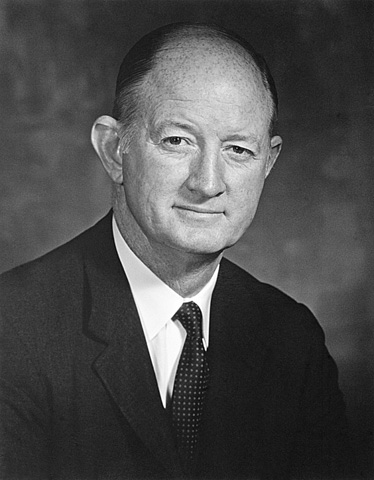Constitutionally protected expression and the U.S. mails were the subject before the Supreme Court in Blount v. Rizzi, 400 U.S. 410 (1971). In its ruling, the Court unanimously invalidated two statutory provisions that authorized the postmaster general to deny postal services to purveyors of allegedly obscene materials.
The Court found that the postmaster general’s procedures failed to satisfy the requirements of Freedman v. Maryland (1965).
Postmaster general could deny postal services to mailers of obscenity
The first provision at issue in Blount permitted the postmaster general to determine whether a person was using the mails to sell or advertise obscenity and, if so, to deny that person certain postal services. The government created a procedure for enforcing the statute, providing an administrative hearing and appeal, both within the post office department. If the postmaster general determined there was a violation, he could deny the violator use of the mails.
The second provision permitted the postmaster general to obtain an injunction against the individual in federal district court at any time if that official could establish in court that there was “probable cause” to believe that the individual was violating the prohibition in the first provision.
Court invalidated postmaster general’s procedures
The Court invalidated both provisions. Speaking through Justice William J. Brennan Jr., the Court held that the First Amendment requires procedural safeguards to prevent the “curtailment of constitutionally protected expression.”
To satisfy the First Amendment, a scheme of administrative censorship must do the following:
- place the burden to initiate judicial review and to prove that the material is unprotected on the government; (
- provide for “prompt” judicial review on the merits within a specified brief period;
- and limit any restraint of expression prior to a final judicial determination to the “shortest, fixed period compatible with sound judicial resolution.”
Applying that standard, the Court determined that the first provision violated the First Amendment because it permitted the postmaster general to bar the use of the mails without initiating a court proceeding.
Although the second provision did authorize the postmaster general to bring a lawsuit, the Court rejected the argument that this authorization cured the constitutional defect in the first provision because the law did not require the postmaster general to go to court.
Finally, the Court invalidated the second provision because it required the district courts to deny use of postal services merely on a showing of “probable cause” that material was obscene rather than an independent judicial determination of its obscenity.
This article was originally published in 2009. Anuj C. Desai is the William Voss-Bascom Professor of Law at the University of Wisconsin, where he teaches in both the Law School and the iSchool. Among his classes are those in First Amendment, Intellectual Freedom, and Cyberlaw. He has published numerous articles on topics related to the First Amendment, including in the Stanford Law Review and Federal Communications Law Journal. Prior to entering academia, Professor Desai practiced law with the Seattle, Washington firm of Davis Wright Tremaine, where his practice included a variety of First Amendment-related matters.

